South Asia could eliminate child marriage only in 55 years – UNICEF
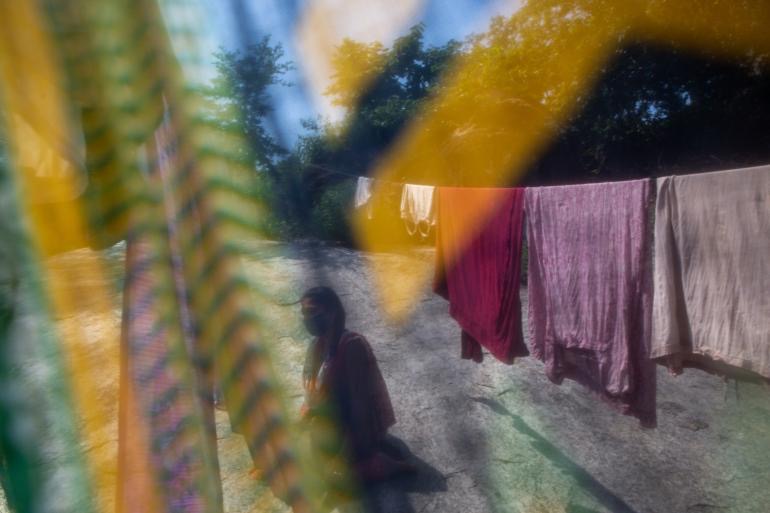
KATHMANDU – A new analysis issued by UNICEF South Asia today showed that South Asia has been driving global reductions in child marriage and is on track to eliminate child marriage in about 55 years. In the last decade alone, the likelihood of girls marrying in childhood in South Asia has dropped by almost half, from 46% to 26%. India has made significant progress, with notable declines in Bangladesh, the Maldives and Pakistan.
However, South Asia still accounts for almost half (45%) of the world’s child brides. The region is home to an estimated 290 million girls and women married in childhood, out of a global total of 640 million. While progress has been made, multiple crises, including climate catastrophes, economic shocks, and the ongoing fallout from COVID-19, are threatening to reverse these hard-earned gains.
According to UNICEF Executive Director Catherine Russell, the COVID-19 crisis has made it difficult for girls to access healthcare, education, social services, and community support, leading families to seek a false sense of refuge in child marriage. “We need to do everything in our power to ensure that their rights to an education and empowered lives are secured,” she said.
Child marriage levels vary considerably across the region, from over 50% in Bangladesh to 2% in the Maldives, with a tenfold difference in prevalence across provinces in Afghanistan. However, child brides in South Asia are more likely to live in poor households, have less education, and reside in rural areas. For instance, one in four child brides in Pakistan have never been to school.
Girls who marry in childhood face immediate and lifelong consequences. They are less likely to continue in school and face an increased risk of early pregnancy, which in turn increases the risk of maternal complications and mortality. The practice can also isolate girls from family and friends and exclude them from participating in their communities, taking a heavy toll on their mental health and well-being.
UNICEF Executive Director Catherine Russell emphasized the need to focus on keeping girls in school and ensuring they have economic opportunities to prevent child marriage. The progress made in South Asia shows that progress to end child marriage is possible, but it requires unwavering support for vulnerable girls and families.







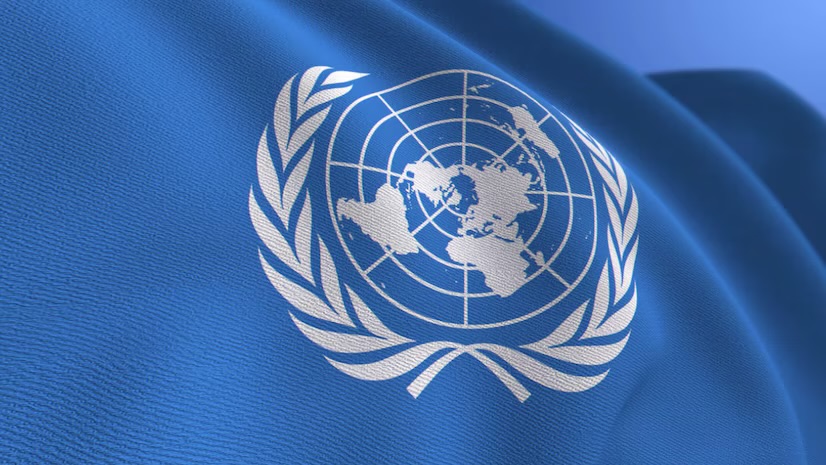

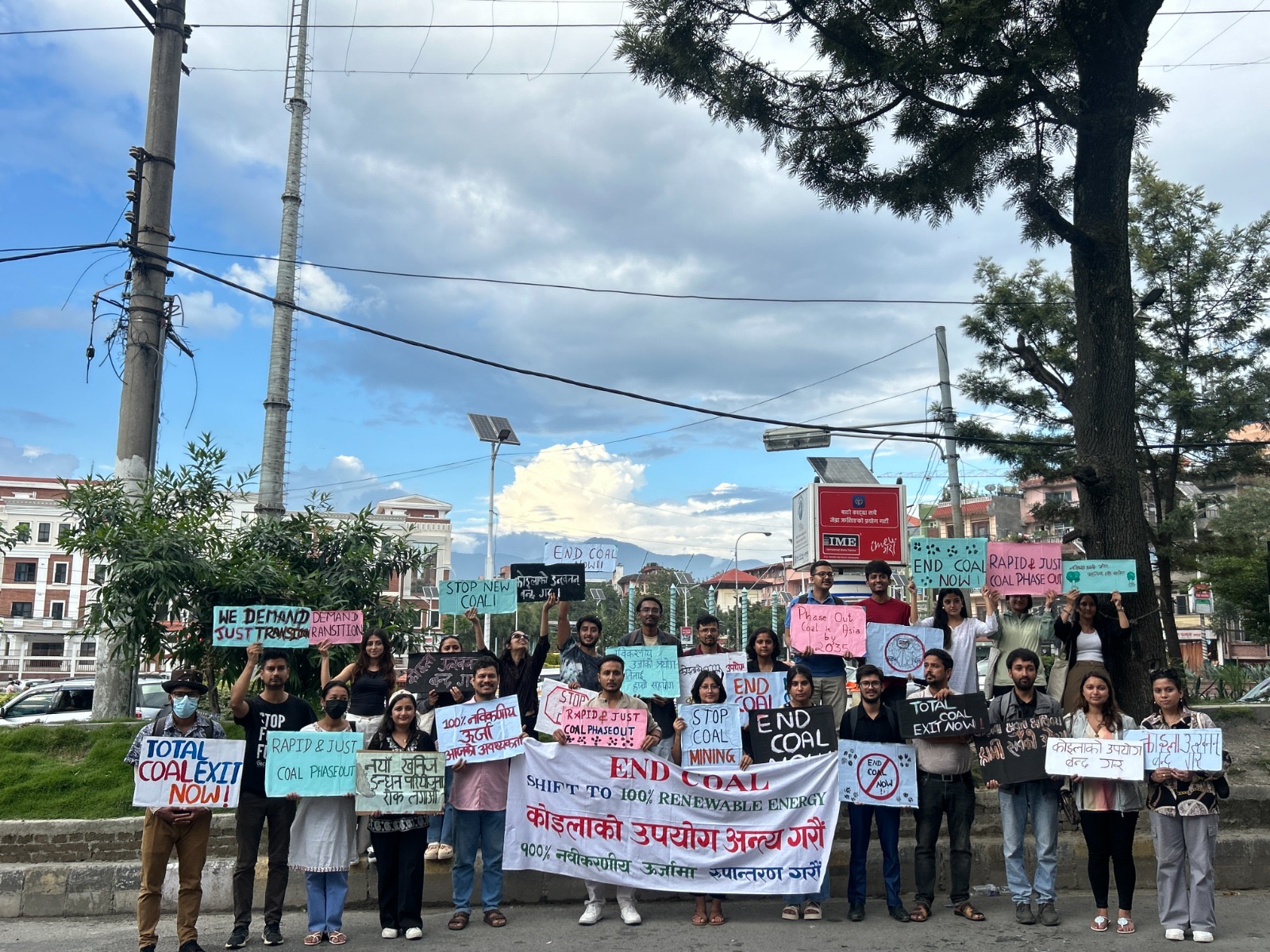



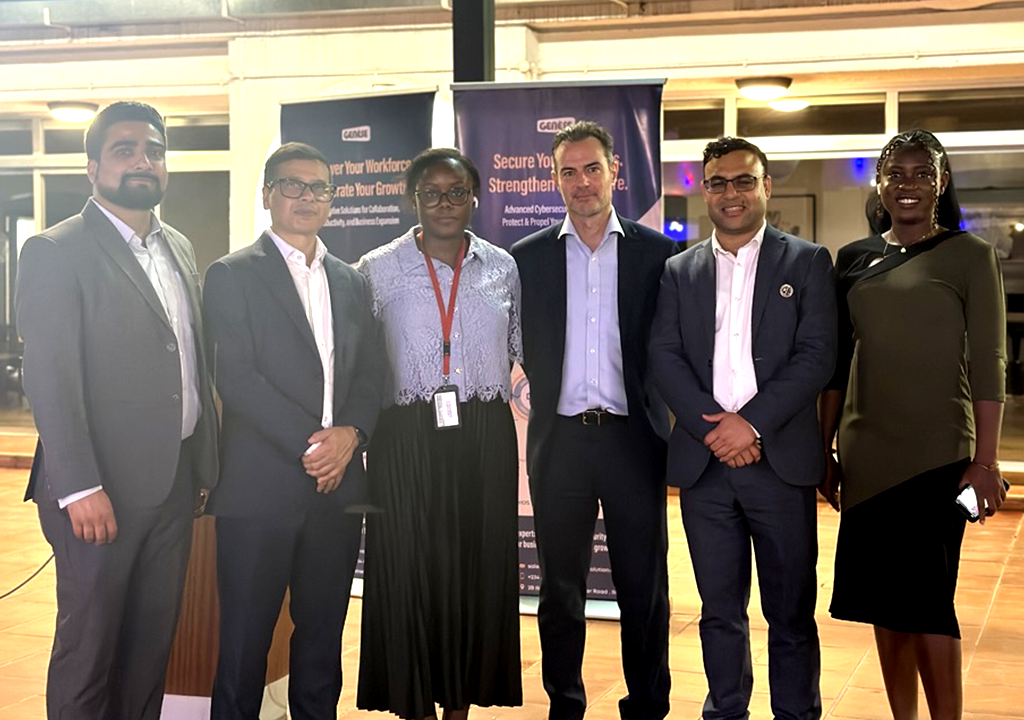

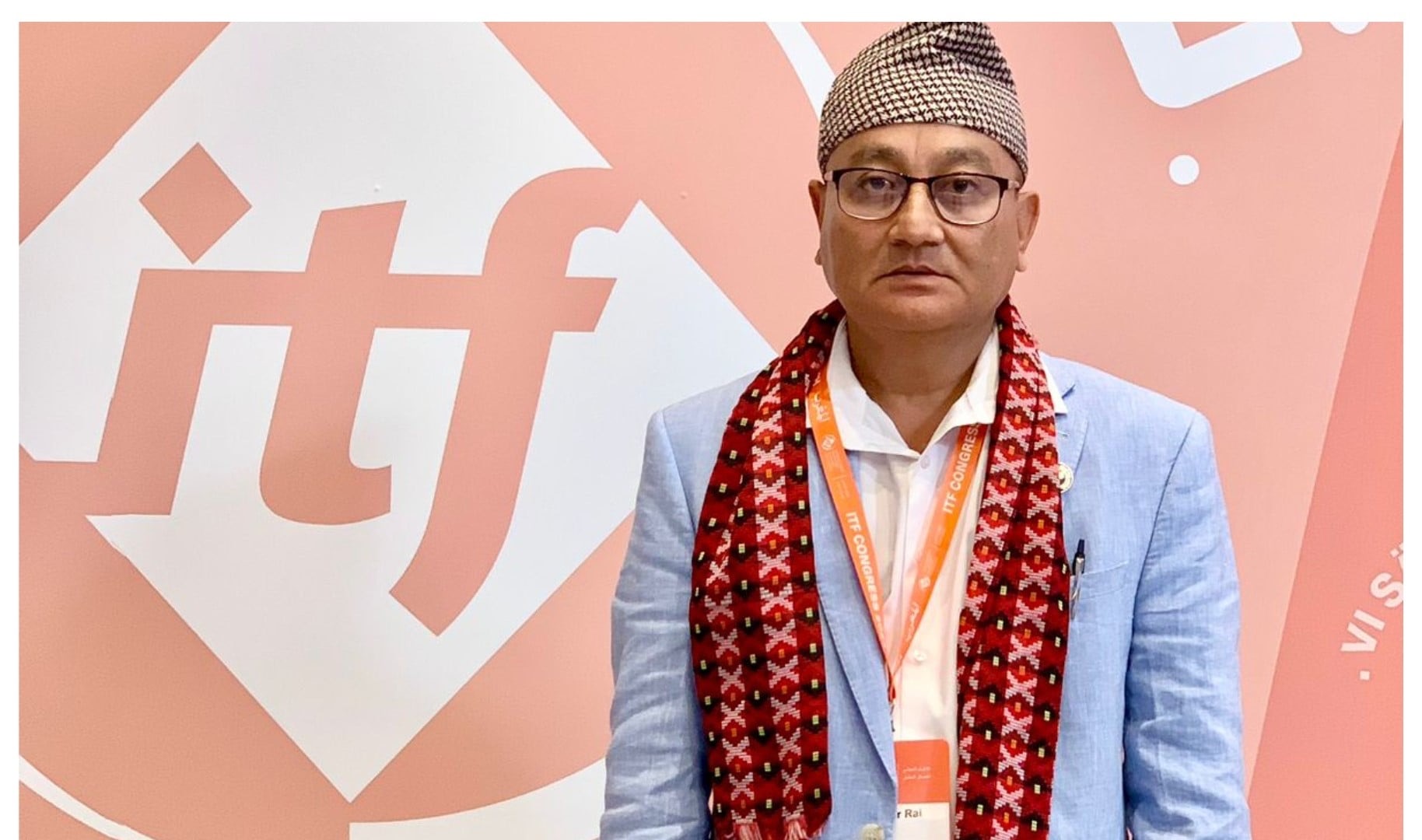



Facebook Comments